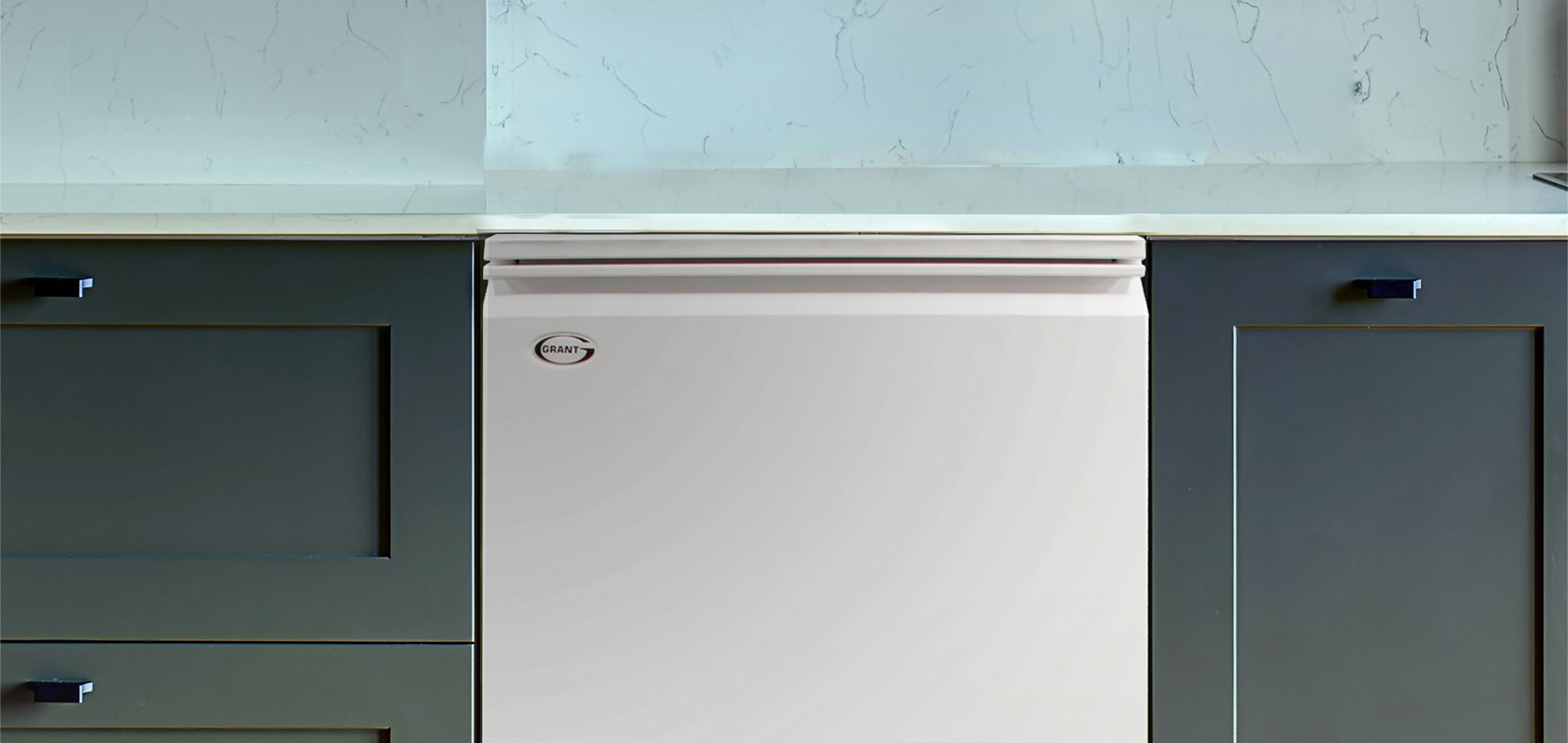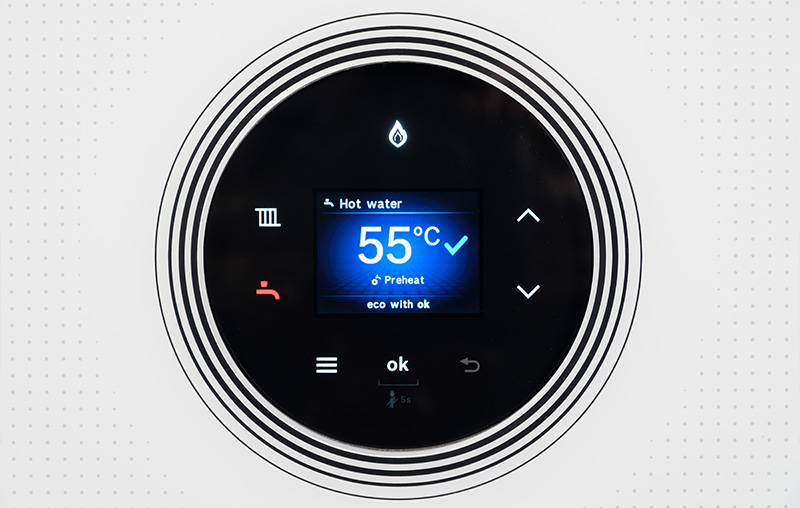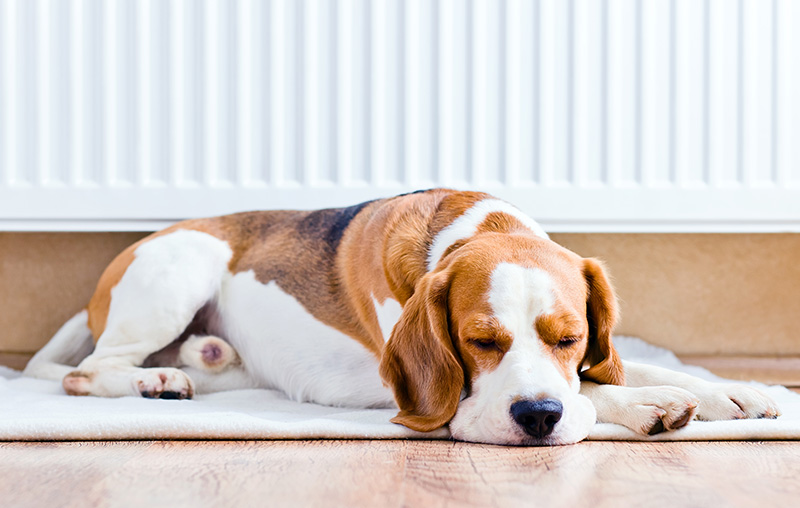Understanding OFTEC and Gas Safe Registration
Only Gas Safe and OFTEC registered engineers can legally work on your heating system. Check credentials to protect your family and insurance.

When it comes to heating system installation, maintenance, and repairs, choosing the right engineer isn't just about finding the lowest quote. The qualifications and certifications your engineer holds can mean the difference between a safe, compliant installation and a potentially dangerous situation that could invalidate your insurance and put your family at risk.
What Are OFTEC and Gas Safe?
Gas Safe Register is the official registration scheme for gas engineers in Great Britain. It replaced CORGI in 2009 and is the only scheme recognised by law for engineers working on gas appliances. Every engineer working on gas boilers, cookers, fires, or any other gas appliances must be Gas Safe registered.
OFTEC (Oil Firing Technical Association) is the competent persons scheme for liquid fuel heating systems. OFTEC registration is mandatory for anyone installing, commissioning, servicing, or maintaining oil-fired heating equipment, including oil boilers, cookers, and Aga ranges.
Both organisations ensure that registered engineers have the necessary training, qualifications, and ongoing assessment to work safely on heating systems.
Why These Certifications Matter for Homeowners
Legal Compliance: Using unregistered engineers for gas or oil work is not just inadvisable—it's often illegal. Gas work by unregistered individuals is against the law, whilst oil work by unregistered engineers violates building regulations and manufacturer warranties.
Insurance Protection: Most home insurance policies require that gas and oil heating work is carried out by appropriately registered engineers. Using unregistered engineers could invalidate your insurance, leaving you liable for any damage or accidents.
Safety Assurance: Gas and oil heating systems, whilst generally very safe when properly installed and maintained, can pose serious risks if handled incorrectly. Carbon monoxide poisoning, gas leaks, and fire hazards are all potential consequences of poor workmanship.
Quality Standards: Registered engineers must demonstrate competence through rigorous assessments and maintain their skills through ongoing training. This ensures consistent, professional standards across the industry.
What Gas Safe Registration Covers
Gas Safe engineers are qualified to work on natural gas and LPG (liquefied petroleum gas) systems. However, registration is category-specific, meaning an engineer may be qualified for certain types of work but not others.
When hiring a Gas Safe engineer, always check they hold the specific qualifications for your type of work. A valid Gas Safe ID card will list all the categories the engineer is qualified for.
Understanding OFTEC Registration
OFTEC registration covers various aspects of oil heating work. Like Gas Safe, OFTEC engineers hold specific qualifications for different types of work. Always verify that your chosen engineer has the appropriate certification for your particular requirements.
The Risks of Using Unregistered Engineers
Legal Consequences: Using unregistered engineers for gas work is illegal and can result in prosecution. Local authorities have powers to disconnect gas supplies and issue prohibition notices.
Financial Risks: Aside from potential insurance issues, poor work often needs rectifying by qualified engineers, effectively meaning you pay twice for the same job. Emergency callouts to fix dangerous installations are particularly expensive.
Safety Hazards: Incorrectly installed or maintained heating systems can produce carbon monoxide, cause gas leaks, or create fire risks. These dangers can be fatal and often go undetected until it's too late.
Warranty Voidance: Boiler and system component warranties typically require installation and maintenance by registered engineers. Using unregistered engineers voids these warranties, leaving you liable for expensive repairs or replacements.
Property Value Impact: When selling your property, buyers' solicitors will request certificates for gas and oil work. Uncertified work can delay sales, reduce property values, or require expensive remedial work.
How to Verify Engineer Credentials
Check ID Cards: All Gas Safe and OFTEC engineers carry photographic ID cards showing their registration number, photograph, employer details, and qualification categories. Always ask to see this card before work begins.
Online Verification: Both Gas Safe Register and OFTEC maintain online databases where you can verify an engineer's registration status and qualifications using their registration number.
Beware of Fake Credentials: Unfortunately, fake ID cards and registration numbers do exist. Always verify credentials through official websites rather than relying solely on the ID card presented.
Ask for References: Reputable engineers will be happy to provide references from recent customers and may have online reviews or testimonials available.
What Certificates Should You Receive?
Gas Work: After completing gas work, you should receive a Gas Safety Certificate (CP12 for annual safety checks) or a Gas Installation Certificate showing the work complies with gas safety regulations.
Oil Work: OFTEC engineers should provide a Certificate of Compliance (Building Regulations) and may also issue service certificates following maintenance work.
Keep Records: Store all certificates safely, as you'll need them for insurance claims, property sales, and future maintenance work.
Red Flags to Watch For
Be wary of engineers who:
- Cannot produce valid ID cards when requested
- Offer significantly lower prices than registered competitors
- Arrive unexpectedly offering heating system inspections
- Pressure you to have work done immediately
- Cannot provide references or company details
- Demand large upfront payments
- Claim registration "isn't necessary" for the work they're doing
The Ongoing Responsibility
Choosing registered engineers isn't just about the initial installation—it's about ongoing safety and compliance. Gas appliances require annual safety checks by Gas Safe engineers, whilst oil systems benefit from regular servicing by OFTEC technicians.
Many homeowners are unaware that landlords have legal obligations for annual gas safety checks, whilst homeowners should also consider regular safety inspections for peace of mind.
Beyond Basic Registration
The best heating engineers often hold additional qualifications beyond basic registration. Look for engineers who are:
- Manufacturer-trained on specific boiler brands
- Qualified in renewable technologies like heat pumps
- Members of professional trade associations
- Committed to ongoing professional development
Making the Right Choice
When selecting a heating engineer, certification should be your starting point, not an afterthought. The small premium you might pay for properly registered engineers is insignificant compared to the potential costs of using unqualified individuals.
Remember that the cheapest quote isn't always the best value. Factor in the engineer's qualifications, insurance coverage, reputation, and the quality of their previous work.
Conclusion
OFTEC and Gas Safe regulations exist to protect homeowners, ensuring that potentially dangerous heating systems are installed and maintained to the highest safety standards. These certifications aren't bureaucratic red tape—they're essential safeguards that protect your family, your property, and your financial interests.
Never compromise on safety by using unregistered engineers. The risks simply aren't worth any potential savings, and the consequences can be catastrophic. Always verify credentials, keep certificates safe, and choose engineers who demonstrate ongoing commitment to professional standards.
Your heating system is one of the most important installations in your home. Make sure it's in the hands of properly qualified professionals who take safety as seriously as you do.

.svg)



